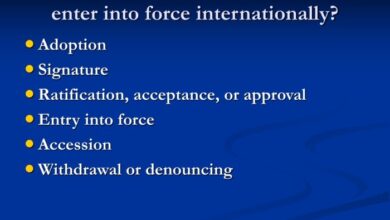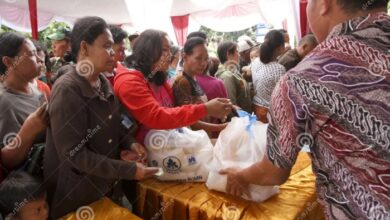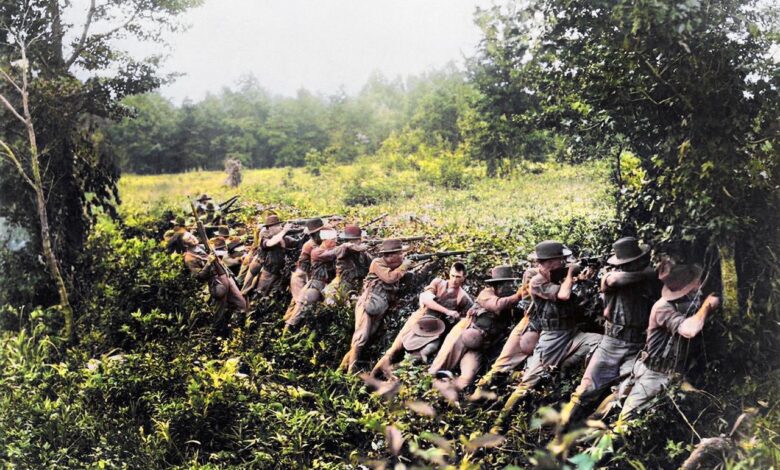
The Banana Trade War: A History of Conflict and Controversy
The Banana Trade War, a saga of economic and political tension, has shaped the global fruit industry for decades. It’s a story of power struggles, trade disputes, and the impact on the lives of millions around the world. This battle for market dominance has seen multinational corporations, governments, and international organizations clash over control of the lucrative banana trade.
From the colonial era to the present day, the banana trade has been a microcosm of global power dynamics, with far-reaching consequences for both producers and consumers.
The story begins with the rise of the banana industry in the late 19th century, driven by the demand for the tropical fruit in Europe and North America. Large multinational corporations like United Fruit Company (now Chiquita) and Dole Food Company gained control over vast plantations in Latin America and the Caribbean, establishing a powerful monopoly.
These companies wielded significant influence over the economies of banana-producing countries, leading to accusations of exploitation and unfair trade practices.
Historical Context of the Banana Trade
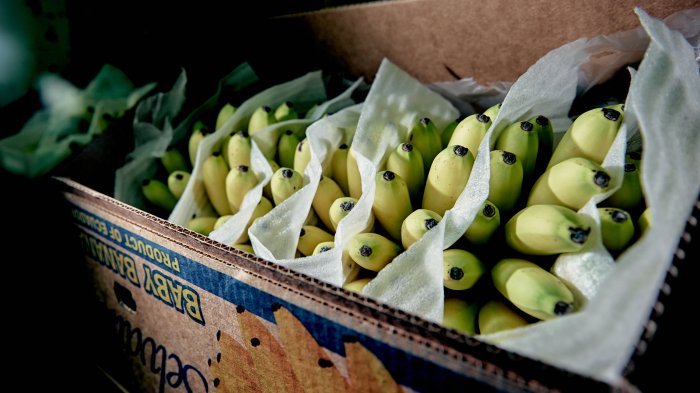
The global banana trade has a rich and complex history, intertwined with colonialism, globalization, and the rise of multinational corporations. The journey of this seemingly simple fruit from tropical plantations to supermarket shelves reflects a dynamic interplay of economic, political, and social forces that have shaped the industry and its impact on both producing and consuming nations.
The Rise of the Banana Industry
The emergence of the banana industry can be traced back to the late 19th century, coinciding with the expansion of European colonialism and the development of new transportation technologies, such as refrigerated ships. The United Fruit Company, founded in 1899, played a pivotal role in establishing the modern banana trade.
It acquired vast tracts of land in Central America, the Caribbean, and South America, creating large-scale banana plantations. These plantations were established with the help of local labor, often under exploitative conditions.
- The company’s dominance was further solidified by its control over transportation and distribution networks, enabling it to transport bananas efficiently to major markets in North America and Europe.
- The United Fruit Company’s influence extended beyond the economic sphere, as it often exerted significant political and social control in the regions where it operated.
The Rise of the Banana Trade War
The banana trade war, a complex and multifaceted conflict, emerged in the late 20th century as a result of trade disputes between the European Union (EU), the United States (US), and Latin American banana-producing countries. This conflict, characterized by import quotas, tariffs, and subsidies, had significant economic and political repercussions for all parties involved.
The Major Actors Involved
The banana trade war involved a diverse range of actors, each with their own interests and motivations. The major players included:
- The European Union (EU):The EU, a major importer of bananas, implemented a preferential trade regime favoring former colonies in the Caribbean and Africa, known as the “Banana Regime.” This regime, designed to protect the interests of these countries, imposed import quotas and tariffs on bananas from other regions, including Latin America.
- The United States (US):The US, a major exporter of bananas, challenged the EU’s Banana Regime, arguing that it discriminated against US banana producers and violated international trade rules. The US also supported Latin American banana producers, who were negatively impacted by the EU’s import restrictions.
- Latin American Banana-Producing Countries:These countries, including Ecuador, Colombia, and Costa Rica, were heavily dependent on the US and EU markets for their banana exports. They faced significant economic losses due to the EU’s import quotas and tariffs, which limited their access to the European market.
- International Organizations:The World Trade Organization (WTO) played a key role in the banana trade war, adjudicating trade disputes and ruling on the legality of the EU’s Banana Regime. The WTO ultimately found the EU’s regime to be in violation of international trade rules, leading to its eventual dismantling.
The banana trade war was a bitter fight between the US and European Union, with developing countries caught in the middle. It highlighted the power imbalances within global trade and the impact of these conflicts on everyday people. Protests against these institutions, like the ones that happened in Washington DC against the IMF and World Bank , were a direct response to the perceived unfairness of the global economic system.
The banana trade war, like many other trade disputes, ultimately showed the need for a more equitable and transparent global trade system.
Factors Contributing to the Escalation of Trade Tensions
Several factors contributed to the escalation of trade tensions in the banana trade war:
- Import Quotas:The EU’s Banana Regime imposed strict import quotas on bananas from Latin American countries, limiting their access to the European market and creating a significant trade barrier.
- Tariffs:The EU levied high tariffs on bananas imported from Latin American countries, making them more expensive for European consumers and further reducing demand for these products.
- Subsidies:The EU provided subsidies to banana producers in its former colonies, giving them a competitive advantage over Latin American producers and exacerbating trade tensions.
Economic and Political Consequences of the Trade War
The banana trade war had significant economic and political consequences for all stakeholders involved:
- Latin American Banana Producers:Latin American banana producers suffered significant economic losses due to the EU’s import restrictions. Their access to the European market was limited, resulting in lower export volumes and reduced revenues. This situation led to job losses, reduced investment, and a decline in economic activity in the banana-producing regions of Latin America.
- EU Consumers:EU consumers faced higher prices for bananas due to the EU’s import quotas and tariffs. This situation also limited their choice of banana brands and varieties, as the EU’s preferential trade regime favored a limited number of banana producers.
- US Banana Producers:US banana producers benefited from the trade war, as the EU’s import restrictions created opportunities for them to increase their exports to Europe. However, the trade war also led to increased trade tensions between the US and the EU.
- International Trade Relations:The banana trade war strained international trade relations, particularly between the US and the EU. The dispute highlighted the complexities of international trade and the challenges of balancing the interests of different stakeholders.
Economic Impacts of the Banana Trade War
The banana trade war, characterized by tariff disputes and trade restrictions, had a significant impact on both banana-producing and consuming countries. It disrupted the delicate balance of the global banana market, affecting prices, market share, and the overall profitability of the industry.
Economic Effects on Banana-Producing Countries
The economic effects of the banana trade war were particularly harsh on banana-producing countries. These countries, often reliant on banana exports for a significant portion of their GDP, faced reduced market access, lower prices, and decreased revenue. The trade war exacerbated existing economic challenges, including poverty and unemployment.
- Reduced Market Access:Trade restrictions imposed by consuming countries limited the ability of banana-producing countries to access key markets, reducing their export volume and revenue.
- Lower Prices:The trade war created a surplus of bananas in the global market, leading to lower prices for producers. This reduced their profit margins and made it difficult to sustain profitable operations.
- Decreased Revenue:The combination of reduced market access and lower prices resulted in a significant decrease in revenue for banana-producing countries. This impacted their ability to invest in infrastructure, education, and healthcare, hindering economic development.
- Increased Poverty and Unemployment:The economic downturn in the banana sector led to job losses and increased poverty in banana-producing regions. Many workers lost their livelihoods, and families struggled to meet basic needs.
Economic Effects on Banana-Consuming Countries
While banana-producing countries suffered the most significant economic consequences, banana-consuming countries also experienced some negative effects. These included higher prices, potential supply disruptions, and reduced consumer choice.
- Higher Prices:Trade restrictions and market disruptions led to higher banana prices in consuming countries. This increased the cost of living for consumers and potentially reduced demand for bananas.
- Potential Supply Disruptions:The trade war created uncertainty in the banana market, potentially leading to supply disruptions. This could have resulted in shortages and further price increases.
- Reduced Consumer Choice:The trade war limited consumer choice by restricting access to bananas from specific producing countries. This reduced the diversity of banana varieties available in the market.
Impact on Consumer Prices
The banana trade war had a mixed impact on consumer prices. In the short term, trade restrictions and market disruptions led to higher prices in consuming countries. However, in the long term, the increased competition among banana producers, as they sought new markets, could have led to lower prices.
The banana trade war, a seemingly innocuous dispute over fruit, highlights the complexities of global trade and its impact on nations. This conflict, fueled by protectionist policies and power imbalances, is a microcosm of a larger issue: how the US, through its actions and interventions, directly contributes to armed conflicts around the world, as detailed in this article us contributes directly to armed conflicts around the world.
The banana trade war, while seemingly insignificant, exposes the interconnectedness of global events and the often overlooked consequences of US involvement in international affairs.
This scenario is supported by the observation that after the trade war subsided, banana prices in many consuming countries gradually decreased.
Impact on Market Share
The trade war led to shifts in market share among banana producers. Some countries, particularly those with strong political alliances with consuming countries, gained market share. Others, often those subject to trade restrictions, lost market share. This resulted in a more concentrated banana market, with fewer players controlling a larger portion of the global trade.
Impact on the Profitability of the Banana Industry
The trade war had a significant impact on the profitability of the banana industry. While some producers benefited from increased market access and higher prices, others faced significant losses due to reduced market access and lower prices. The overall effect was a decline in profitability for the industry, as producers struggled to adapt to the changing market conditions.
Implications for Employment, Poverty, and Economic Development
The banana trade war had a devastating impact on employment, poverty, and economic development in banana-producing regions. Job losses in the banana sector led to increased unemployment, poverty, and social unrest. The economic downturn also hampered investment in infrastructure, education, and healthcare, further hindering economic development.
Political Dimensions of the Banana Trade War
The Banana Trade War was not merely an economic conflict but a complex political battleground where national interests, trade agreements, and international relations intertwined. This section explores the political motivations behind the trade war, the role of international organizations, and the broader implications for global trade governance.
National Interests and Trade Agreements
The banana trade war was fueled by competing national interests, with European Union (EU) policies aimed at protecting its banana producers in former colonies, while Latin American countries sought to expand their market access. The EU’s Common Agricultural Policy (CAP) favored its banana producers, granting them preferential access to the EU market and imposing tariffs on imports from other countries.
This policy drew criticism from Latin American countries, particularly those in the Caribbean and Central America, who saw it as a form of protectionism that stifled their export potential. The dispute further intensified as the World Trade Organization (WTO) emerged as a global trade regulator.
The WTO’s rules, emphasizing free trade and non-discrimination, clashed with the EU’s preferential trade policies. Latin American countries, supported by the United States, challenged the EU’s banana regime at the WTO, arguing that it violated international trade rules.
The Role of the World Trade Organization (WTO)
The WTO played a significant role in the banana trade war by providing a forum for resolving trade disputes. The WTO’s dispute settlement mechanism allowed countries to challenge trade policies they deemed unfair or discriminatory. Several rulings against the EU’s banana regime, including the landmark 1999 decision, forced the EU to revise its policies and eventually led to the implementation of a more market-oriented approach.
The WTO’s involvement in the banana trade war highlighted the organization’s growing influence in shaping global trade rules. The WTO’s rulings demonstrated the importance of adhering to international trade agreements and the potential consequences of violating them. The banana trade war also showcased the challenges of reconciling free trade principles with the protection of domestic industries.
The banana trade war was a fascinating battle of economic and political power, highlighting the complexities of global trade. It’s a reminder that even seemingly simple products like bananas can be caught in the crosshairs of larger forces, much like the way pharmaceutical corporations and medical research often face scrutiny over their influence on healthcare systems.
The banana trade war ultimately taught us that fair trade and sustainable practices are crucial for a healthy and equitable global market.
Implications for Regional Integration and Global Trade Governance
The banana trade war had significant implications for regional integration and global trade governance. The dispute between the EU and Latin American countries highlighted the complexities of regional trade agreements and their potential impact on global trade. It also raised questions about the effectiveness of international organizations in resolving trade disputes and promoting fair trade practices.The banana trade war’s outcome, with the EU gradually moving towards a more market-oriented approach, demonstrated the influence of international trade rules and the potential for resolving trade disputes through multilateral mechanisms.
However, the dispute also highlighted the challenges of balancing national interests with global trade rules and the need for continued efforts to strengthen international trade governance.
Social and Environmental Impacts of the Banana Trade War
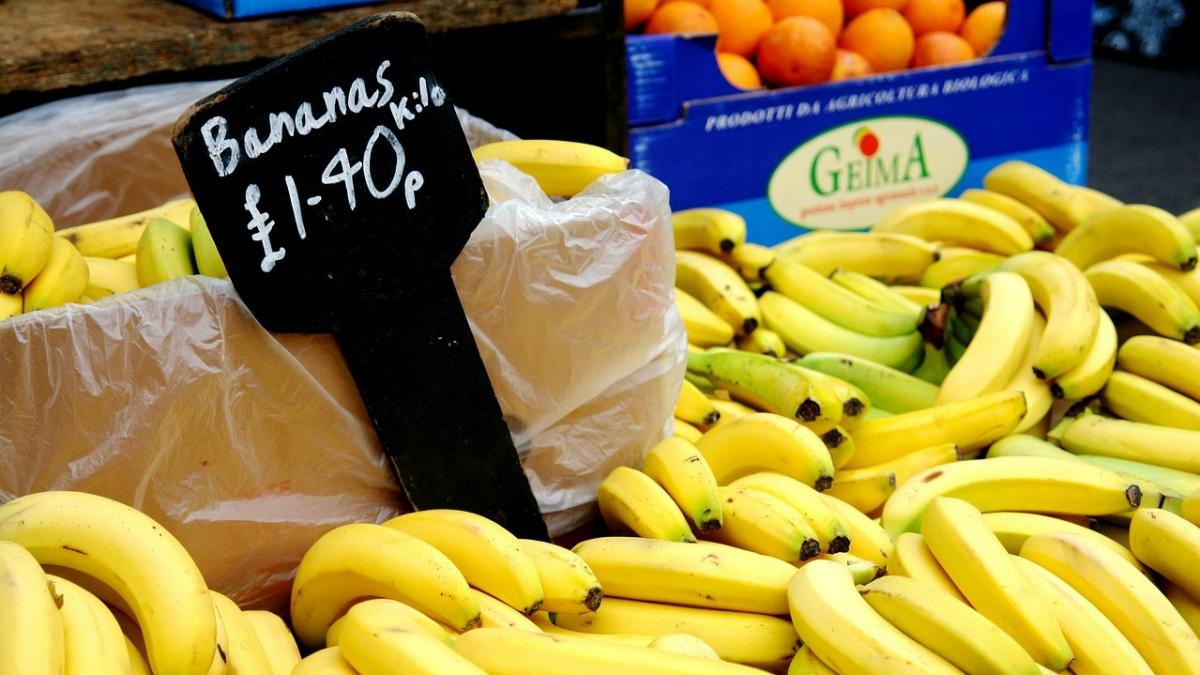
The Banana Trade War, a complex saga of political and economic maneuvering, had profound consequences for the people and environment involved in the banana industry. The trade war, fueled by protectionist policies and unfair trade practices, significantly impacted the livelihoods of banana workers, the delicate ecosystems of banana-producing regions, and the principles of fair trade and sustainable development.
Social Consequences for Banana Workers
The Banana Trade War had a significant impact on the lives of banana workers, often characterized by low wages, precarious working conditions, and limited access to labor rights. The trade war exacerbated existing inequalities and vulnerabilities, creating a cycle of poverty and exploitation.
- Wage Disparities: The trade war led to wage disparities between banana workers in different regions, as countries with preferential access to European markets often enjoyed higher wages and better working conditions compared to workers in countries facing trade barriers. This created a situation where workers in countries with limited market access were forced to accept lower wages and substandard working conditions to remain competitive.
- Precarious Employment: The trade war contributed to precarious employment in the banana industry, with many workers facing short-term contracts, limited job security, and lack of access to benefits such as health insurance and pensions. This precarious employment made workers vulnerable to exploitation and left them with little bargaining power to negotiate better working conditions.
- Labor Rights Violations: The trade war, in some cases, facilitated labor rights violations. Workers in countries with weak labor regulations were more susceptible to exploitation, including forced labor, child labor, and unsafe working conditions. This created a situation where workers were denied basic rights and subjected to abusive practices.
Environmental Impacts of Banana Production
The Banana Trade War also had significant environmental consequences, particularly in terms of deforestation, pesticide use, and land degradation. The trade war fueled a drive for increased banana production, leading to unsustainable practices that negatively impacted the environment.
- Deforestation: The expansion of banana plantations, often driven by the demand for increased production to meet market quotas, resulted in significant deforestation in many banana-producing regions. This deforestation not only destroyed valuable ecosystems but also contributed to biodiversity loss, soil erosion, and climate change.
- Pesticide Use: The Banana Trade War, with its emphasis on high yields and pest control, led to increased pesticide use in banana production. This intensive use of pesticides posed significant health risks to workers and communities living near plantations, and also contaminated water sources and soil, harming biodiversity and ecosystem health.
- Land Degradation: The intensive agricultural practices associated with banana production, including monoculture and excessive use of fertilizers, contributed to land degradation in many banana-producing regions. This degradation reduced soil fertility, increased susceptibility to erosion, and ultimately diminished the long-term productivity of the land.
Ethical Implications of the Trade War, The banana trade war
The Banana Trade War raised ethical concerns about fair trade practices and sustainable development. The trade war’s focus on short-term economic gains often came at the expense of social and environmental well-being, creating a situation where the benefits of trade were unevenly distributed and the costs borne by the most vulnerable.
- Fair Trade Principles: The trade war undermined fair trade principles by promoting unfair competition and discriminatory trade policies. This created a situation where producers in developing countries faced significant disadvantages, limiting their ability to earn fair prices for their products and invest in sustainable production practices.
- Sustainable Development: The trade war’s focus on short-term economic gains often neglected the long-term social and environmental consequences of banana production. This created a situation where the industry’s pursuit of profit came at the expense of sustainable development, perpetuating poverty, inequality, and environmental degradation.
Current Status and Future Prospects of the Banana Trade
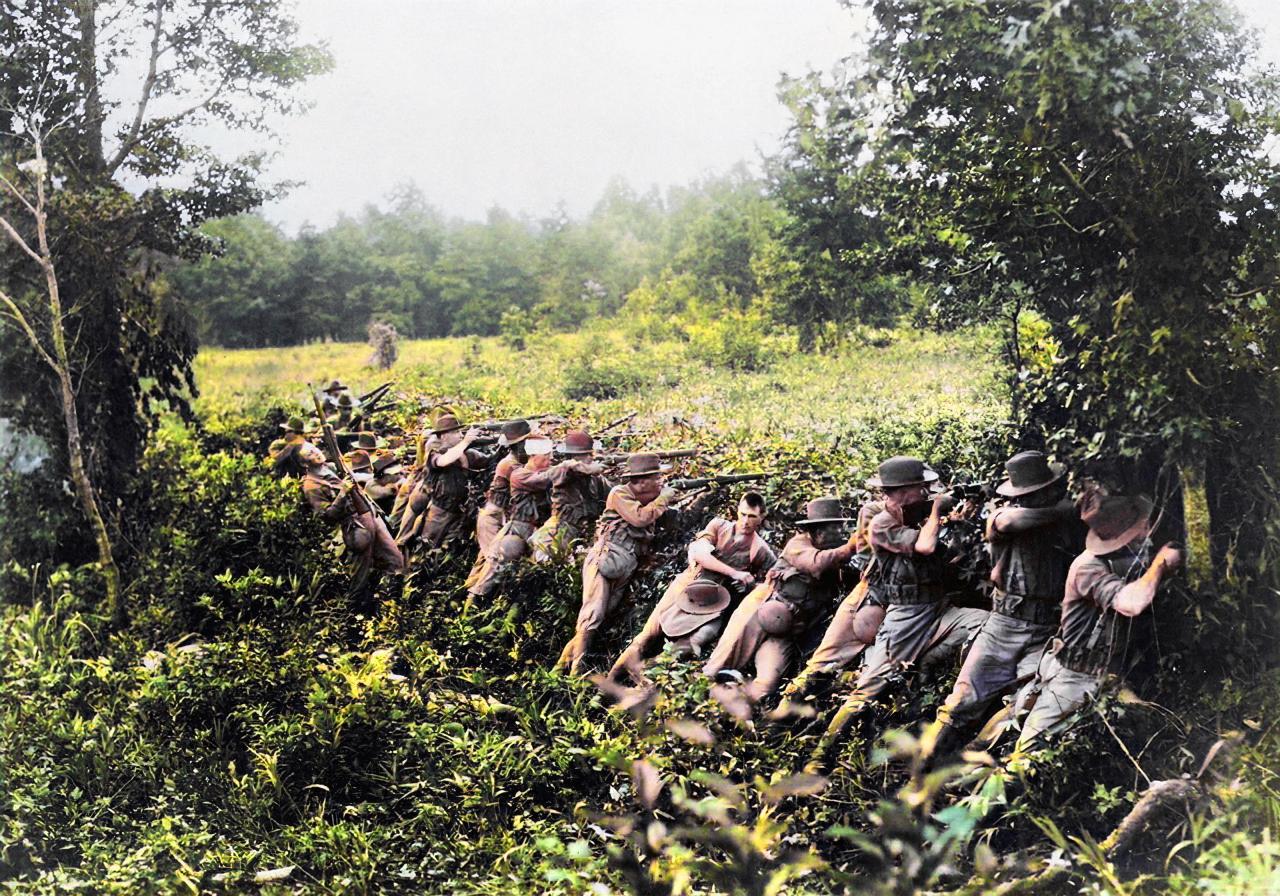
The banana trade has evolved significantly over the years, shaped by global market forces, trade agreements, and evolving consumer preferences. While the industry faces various challenges, including trade disputes and sustainability concerns, it also presents opportunities for growth and innovation.
This section delves into the current state of the banana trade, exploring market trends, trade agreements, and ongoing disputes, as well as the potential impact of emerging technologies and consumer preferences on the future of the banana industry. It also discusses the prospects for resolving the banana trade war and promoting fair and sustainable trade practices.
Market Trends and Trade Agreements
The global banana market is characterized by dynamic trends influenced by factors such as production costs, consumer demand, and trade agreements.
- Growing Demand:Global banana consumption continues to rise, driven by population growth, urbanization, and increasing demand for healthy and convenient food options. The demand for organic and fair-trade bananas is also increasing, reflecting growing consumer awareness of ethical and sustainable practices.
- Price Fluctuations:Banana prices are subject to significant fluctuations due to factors such as weather events, disease outbreaks, and changes in supply and demand. For example, the 2018 hurricane season in Central America led to a sharp increase in banana prices due to crop damage.
- Trade Agreements:Trade agreements, such as the Generalized System of Preferences (GSP), play a crucial role in shaping the banana trade. These agreements can provide preferential access to markets, reduce tariffs, and facilitate trade flows. However, trade disputes can arise when countries interpret the agreements differently, leading to tensions and market disruptions.
Impact of Emerging Technologies and Consumer Preferences
Emerging technologies and changing consumer preferences are transforming the banana industry, creating both challenges and opportunities.
- Precision Agriculture:Advancements in precision agriculture, such as drone technology and sensor-based monitoring systems, can help optimize banana production, improve yield, and reduce reliance on pesticides. For instance, drone-based monitoring can detect disease outbreaks early, allowing for timely intervention and minimizing crop losses.
- E-commerce and Direct-to-Consumer Sales:The growth of e-commerce platforms and direct-to-consumer sales channels is providing new avenues for banana producers to reach consumers directly. This can help bypass traditional supply chains and reduce reliance on intermediaries, potentially leading to higher profits for producers.
- Sustainability and Ethical Sourcing:Consumers are increasingly demanding sustainable and ethical sourcing practices, including fair labor conditions and environmental protection. Banana producers are responding to this trend by implementing sustainable farming practices, such as organic farming and agroforestry, and by obtaining certifications such as Fairtrade and Rainforest Alliance.
Prospects for Resolving the Banana Trade War and Promoting Fair and Sustainable Trade Practices
Resolving the banana trade war and promoting fair and sustainable trade practices are crucial for the long-term health of the banana industry.
- Multilateral Negotiations:Resolving the banana trade war requires multilateral negotiations among key stakeholders, including banana-producing countries, importing countries, and international organizations. These negotiations should aim to establish a level playing field for all producers and ensure fair market access for all.
- Sustainable Production Practices:Promoting sustainable production practices is essential for the long-term viability of the banana industry. This includes reducing reliance on pesticides and fertilizers, conserving water resources, and protecting biodiversity. The industry should invest in research and development to identify and implement sustainable farming practices that are both economically viable and environmentally friendly.
- Consumer Education and Awareness:Raising consumer awareness of the importance of fair and sustainable banana production is crucial for driving demand for ethically sourced bananas. Consumers can make informed choices by looking for certifications such as Fairtrade and Rainforest Alliance, which guarantee that bananas are produced in accordance with ethical and sustainable standards.




